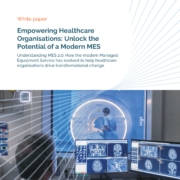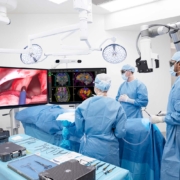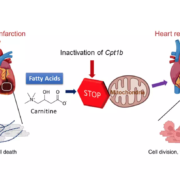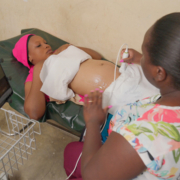Ergéa UK publishes white paper on potential of the modern Managed Equipment Services (MES)
Ergéa UK, vendor-neutral provider of Managed Equipment Services (MES), have announced the release of a comprehensive white paper that explores the evolution of MES and its role in helping to drive transformational change within healthcare organisations.











